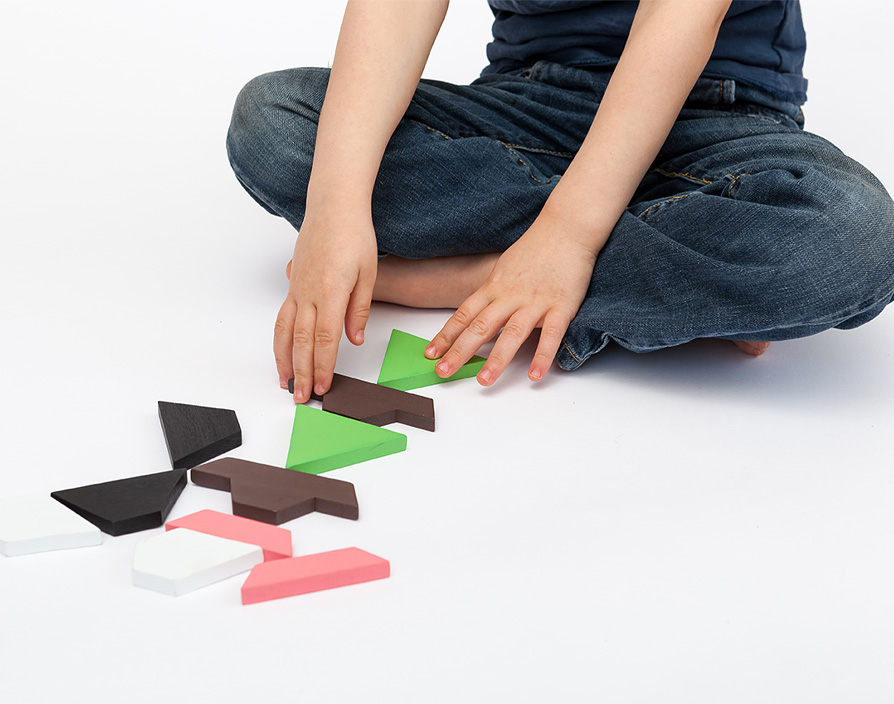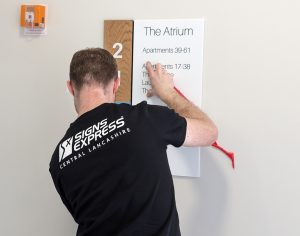Research has shown that play-based learning can enhance children’s brain development and cognitive abilities in several ways1. Kids coding specialist, Code Ninjas, believes that a safe and inclusive learning environment that facilitates engaging and socially interactive experiences is critical for children’s education. Here, Justin Nihiser discusses the power of learning through play, and how we can set children up for a brighter and healthier tomorrow.
Parents and educators want what is best for their kids, and whilst that is a positive thing, it can have the potential to lead to overwhelming expectations. Whatever our motives, the pressure to do well from parents, educators, society or the individual themselves has been shown to increase stress and anxiety in children, leading to poorer physical, social, and emotional health2.
While good grades are important, focusing purely on a measurable outcome can in fact be a barrier to learning. Taking a more holistic approach allows us to shift the focus from graded achievements to the process of learning. If we encourage experimentation and discovery, we can tap into children’s innate desire to learn – the true purpose of education.
At Code Ninjas, we create a fun learning environment, designed to allow children to feel relaxed during their coding education. We focus on exploration and experimentation, avoiding any pressure to meet a specific standard in a specific timeframe. Our ethos is centred around creating a suitable environment with the resources children need to discover coding. Ultimately, we let kids be kids and allow the rest to follow organically.
If we are truly committed to setting our children up with a bright future, encouraging play is an essential component for neurological development. Play combines and integrates all dimensions of a child’s development, spanning the cognitive, social, emotional, and physical realms. It functions as a tool for children to investigate the world and comprehend their place in it, utilising a language that arises even prior to their acquisition of verbal communication skills. Whether in the classroom or the professional world, play lays the groundwork for future education and accomplishments.
Moreover, play enables children to interact, negotiate, and compromise with others, while also providing a platform for them to act out real-life scenarios and develop coping strategies for fear, anger, and frustration. Free play, in particular, is instrumental in fostering self-control, peer relations, and emotional resilience. Equipping children with the skills to develop a cognitively flexible brain allows them to build a foundation that sets them up for life. The ability to build social resilience and to shift perspective in order to adapt to changes in the environment are vital skills that shape an adept, astute next generation.
When we encourage children rather than test them, we teach them to evaluate themselves on their own merits. Kids have enough responsibilities at school with endless tests, goals, and achievements that are set to scrutinise their knowledge and learning development. Instead, if children are equipped with the confidence to believe in their abilities – rather than testing them – they will one day grow into adults interested in exploring the more creative roles available to them in the field of digital technology.
By putting children in a relaxed environment stripped of any pressure to succeed, left to their own devices they can develop a skill that they love. We are setting up the foundations for them to grow into an adult who is eager to explore the many creative avenues within our technologically advanced world. In the words of Fred Rogers, “Play is often talked about as if it were a relief from serious learning. But for children, play is serious learning. Play is really the work of childhood.”
1 Learning Through Play, 2019: The scientific case for learning through play
2 ReachOut Schools: Pressure to do well at school

































